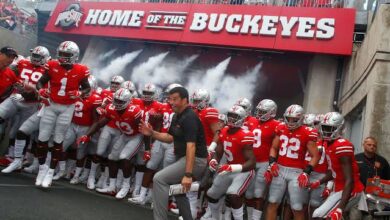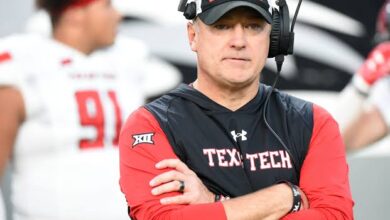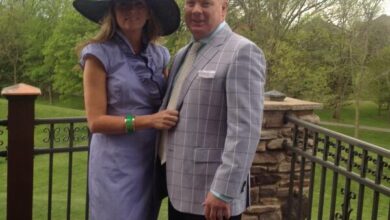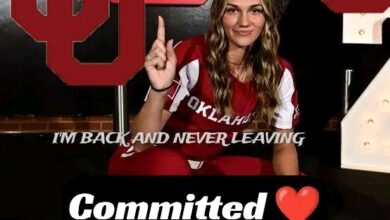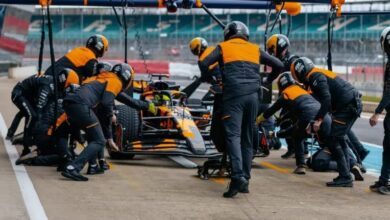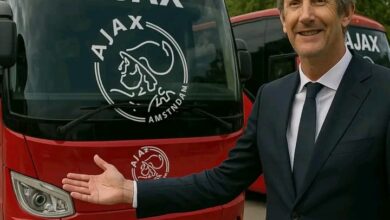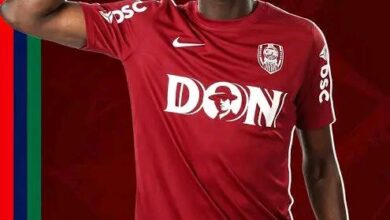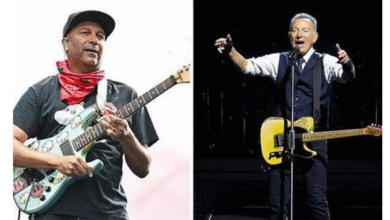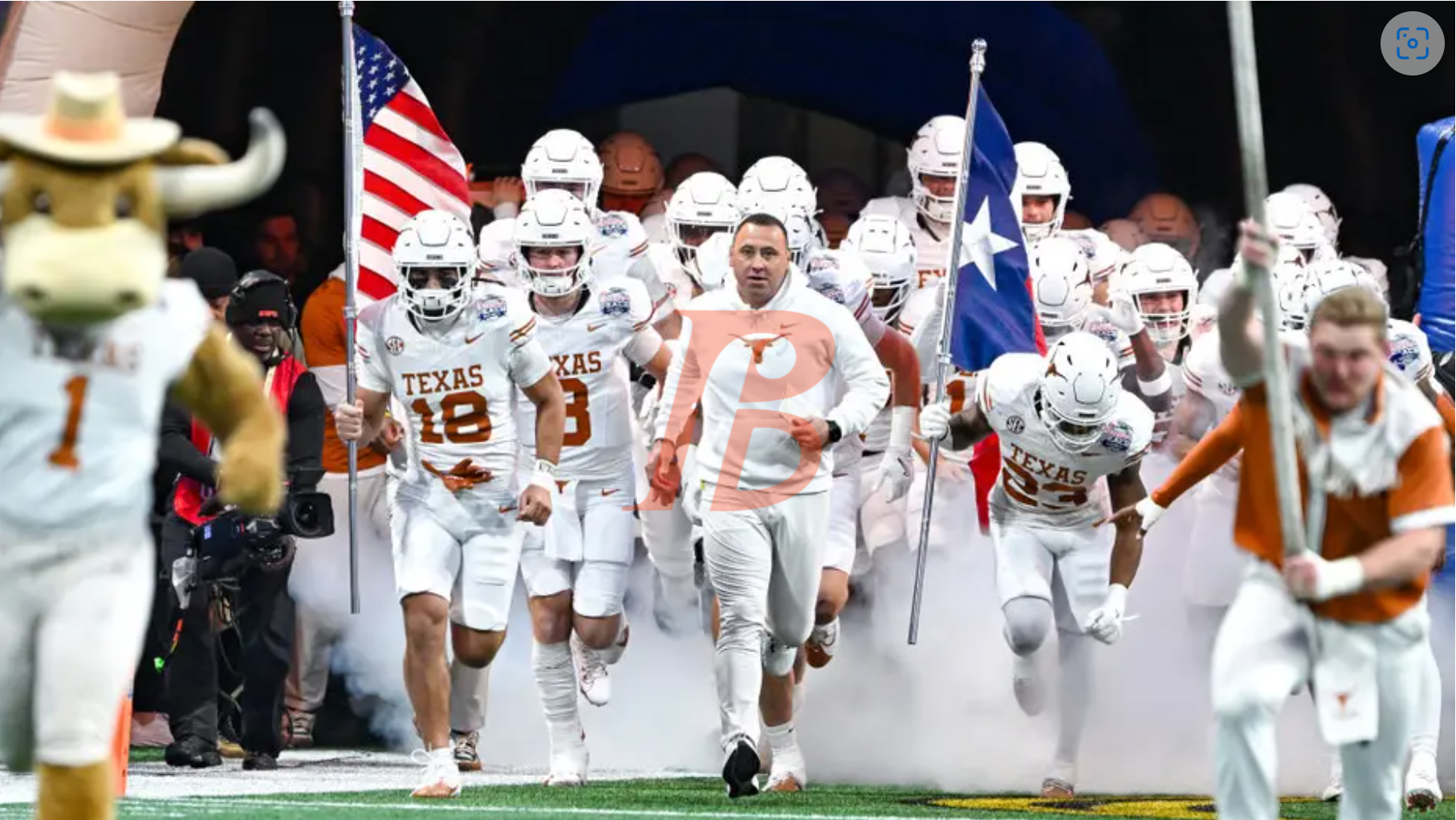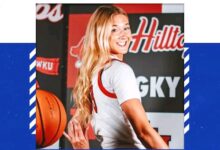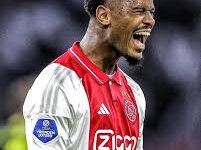Uncategorized
Cum arată echipa de start aliniată de Pancu în meciul Slobozia – CFR Cluj? Începe o nouă eră..

Iată echipa de start pe care Daniel Pancu a aliniat-o pentru CFR Cluj în meciul contra Unirea Slobozia (9 noiembrie 2025):
CFR Cluj: Hindrich – Kun, Sinyan, Ilie, Camora (căpitan) – Fică, Muhar, Emerllahu – Cordea, L. Munteanu, Korenica.
Dacă vrei, pot să îți dau şi formaţia de rezervă, criteriile complete de joc şi ce schimbări sunt anticipate sub Pancu — vrei asta?

